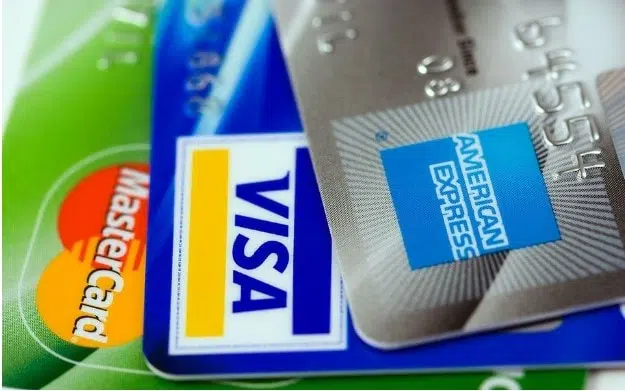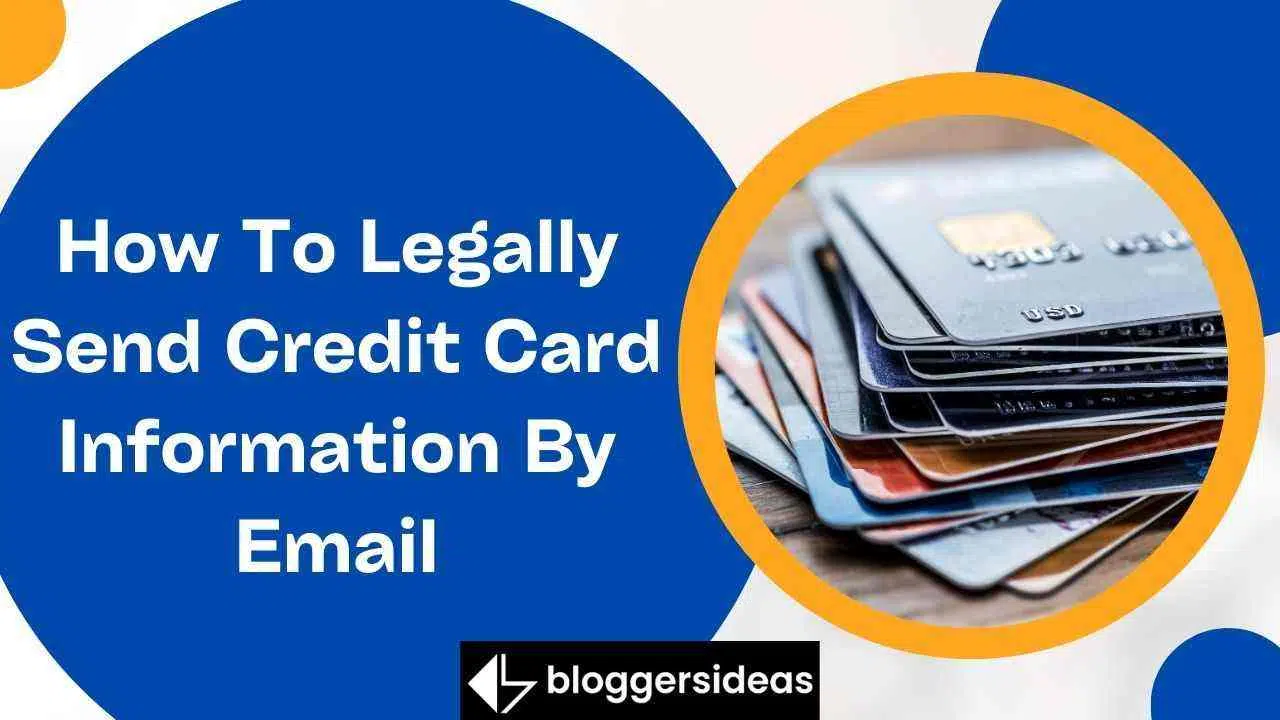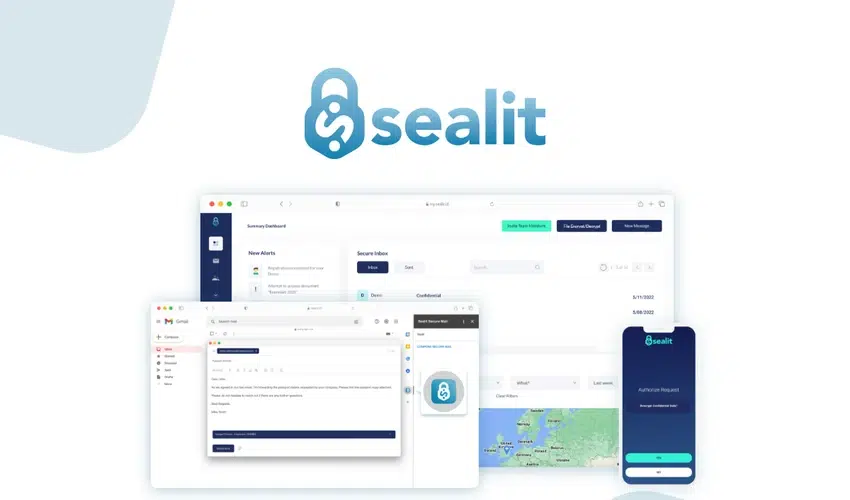In this post, we will show you How To Legally Send Credit Card Information By Email 2024
Is it illegal to send credit card information by email?
There is a lot of confusion about whether or not it is legal to send credit card information by email. The answer is that it depends on the circumstances.
If you are sending credit card information to a trusted merchant, for example, then it is probably okay. However, if you are sending credit card information to an untrusted party, then it is probably not a good idea. In this blog post, we’ll explore the legalities of sending credit card information by email.
How can credit card information be used in identity theft?
Identity theft is a serious problem that can have devastating consequences for the victims. One of the most common ways that identity thieves obtain information is through the use of credit cards.
When a credit card is used or shared in an insecure manner, the thief can obtain the cardholder’s name, address, and credit card number. This information can then be used to open new accounts in the victim’s name, causing financial damage and ruining the victim’s credit history.
What are secure ways of sending credit card information?
If you must transmit credit card information over the internet there are a few different ways to send credit card information securely.
One way is to use a secure server that encrypts the information before it is sent. Another way is to use a secure payment gateway, such as PayPal. Finally, you can also use a credit card reader that encrypts the information before it is sent.
Which method you use will depend on your needs and preferences. However, all of these methods are secure ways to send credit card information.
Can businesses transmit customer credit card information by email?
According to the Payment Card Industry Data Security Standard (PCI DSS), businesses are not allowed to store or transmit credit card information via email.
This is because email is not a secure form of communication, and credit card information can be intercepted and used for fraud if it is sent via email.
If you need to send the credit card information to someone, you should do so using a secure method such as a secure file sharing service or encrypted email.
You should also never include credit card information in an email signature, as this can be easily intercepted by someone who has access to your email account.
PCI Compliance for credit card information
PCI compliance is a set of security standards that businesses must follow if they process, store, or transmit credit card information. These standards are designed to protect cardholders from fraud and to ensure that businesses handle credit card data responsibly.
If your business accepts credit cards, you will need to be PCI compliant. This means that you will need to take steps to secure your credit card data and ensure that it is handled properly. PCI compliance can seem daunting, but there are resources available to help you get started.
PCI compliance is an important part of keeping your business and your customers safe. By following the PCI standards, you can help to prevent credit card fraud and to ensure that your customers’ information is protected.
Our Recommendation : Use Sealit
Sealit is a Zero Trust data protection platform that secures confidential emails and files in a single click, without passwords.
Secure your emails and files even if your device (or the device of your customer) is compromised with Sealit’s Zero Trust security model.
With Outlook and Gmail native integration, you can send encrypted emails with a single click from your mailbox, directly from your email address.
Maintaining compliance with industry laws such as HIPAA and GDPR is made simple with this solution.
To ensure you’re not sending the wrong messages, you may even put up clever email protection prompts!
Using the Sealit desktop program for Windows OS, right-click on any file and select “Secure with Sealit” to encrypt it.
There is also an easy way to encrypt and decrypt up to 200 MB of files using the online portal’s drag-and-drop capability.
Even after the file has been encrypted, you can grant your team members access to it by changing the file access option.
Check out Sealit on AppSumo lifetime deal.
Quick Links:
- How To Make Money Online In Sweden (Trending)
- How To Make Money Online In Romania (Easy & Effective)
- How to Make Money Online In Poland | (Easy & Effective)
- How to Make Buying an E-Commerce Business Much Easier
Recap: Send Credit Card Information By Email 2024
In conclusion, sending credit card information by email is not illegal. However, it is not recommended because it is not secure.
There are better ways to share credit card information, such as over the phone or in person. To learn more about how to protect your personal information subscribe to our newsletter.






